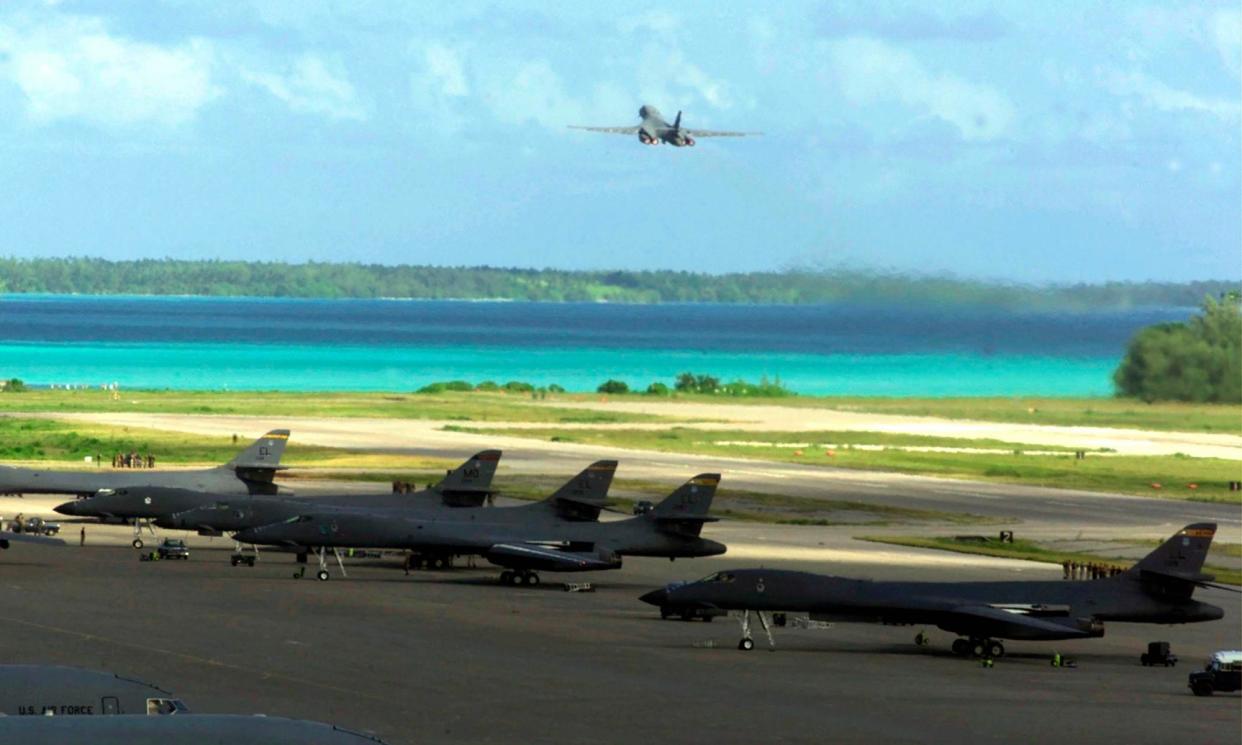Britain must develop a partnership of equals with Africa

David Lammy says the UK needs a refreshed foreign policy based on “progressive realism” (Labour’s foreign policy will be realistic about us as a nation, not nostalgic about what we used to be, 17 April). This is nowhere more true than in Africa where, in many countries, the UK is seen as untrustworthy and shortsighted, short of ideas and cash, petty and not strategic. Spending the aid budget on refugees at home, hoarding vaccines during the pandemic, not living up to commitments on climate finance, ignoring wars in Africa because others are “more important” – all these policies and many more have influenced how we are seen.
A refreshed approach needs to provide a clean break with the past. It can’t claim to be different but follow the same set of rules. It needs to be radical, bold, honest, holistic and cross-government. To break with our past, we need to take full responsibility for it. That means having an honest discussion about colonialism and reparations. It means ensuring all items in UK museums and other public institutions stolen during the colonial period are returned. It also means we meet all our commitments on climate adaptation finance and provide significant support for loss and damage. And we should, finally, give the Chagos Islands, the last British colony in Africa, back to Mauritius, thus allowing Chagossians to return to their homes.
A new approach also needs to be based on real partnerships, not lectures and hypocrisy, as Lammy says. This means a partnership of equals, shared objectives and shared respect. To achieve that, we should recognise Africa’s desire (and right) for a bigger role in global governance – a permanent seat on the UN security council, a stronger role for the UN general assembly, and a bigger vote in the World Bank and the IMF.
We should also significantly increase support for African organisations involved in conflict mediation, and for civil society organisations and institutions that promote democracy and support human rights. With African governments, we could co-invest to build African self-sufficiency in critical areas – for example, vaccine production – and provide seed funding to ensure investments flow to green transition skills, jobs and industries. We could also establish legal migration routes that provide jobs that build the skills of Africans to use at home.
Many of these ideas are progressive, but where’s the realism? With its growing population and potential to drive the green transition, Africa is in many ways the continent of the future. Our own security – economic, climate and national – is intertwined with Africa’s. The current government has never recognised that; the next government needs to.
Tim Cole
Former UK diplomat, ambassador to Cuba (2012-16); deputy ambassador to Zimbabwe; deputy ambassador to Mozambique


